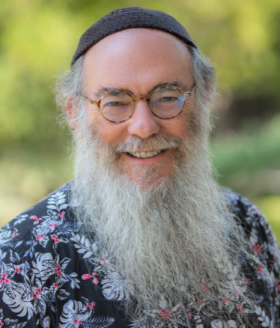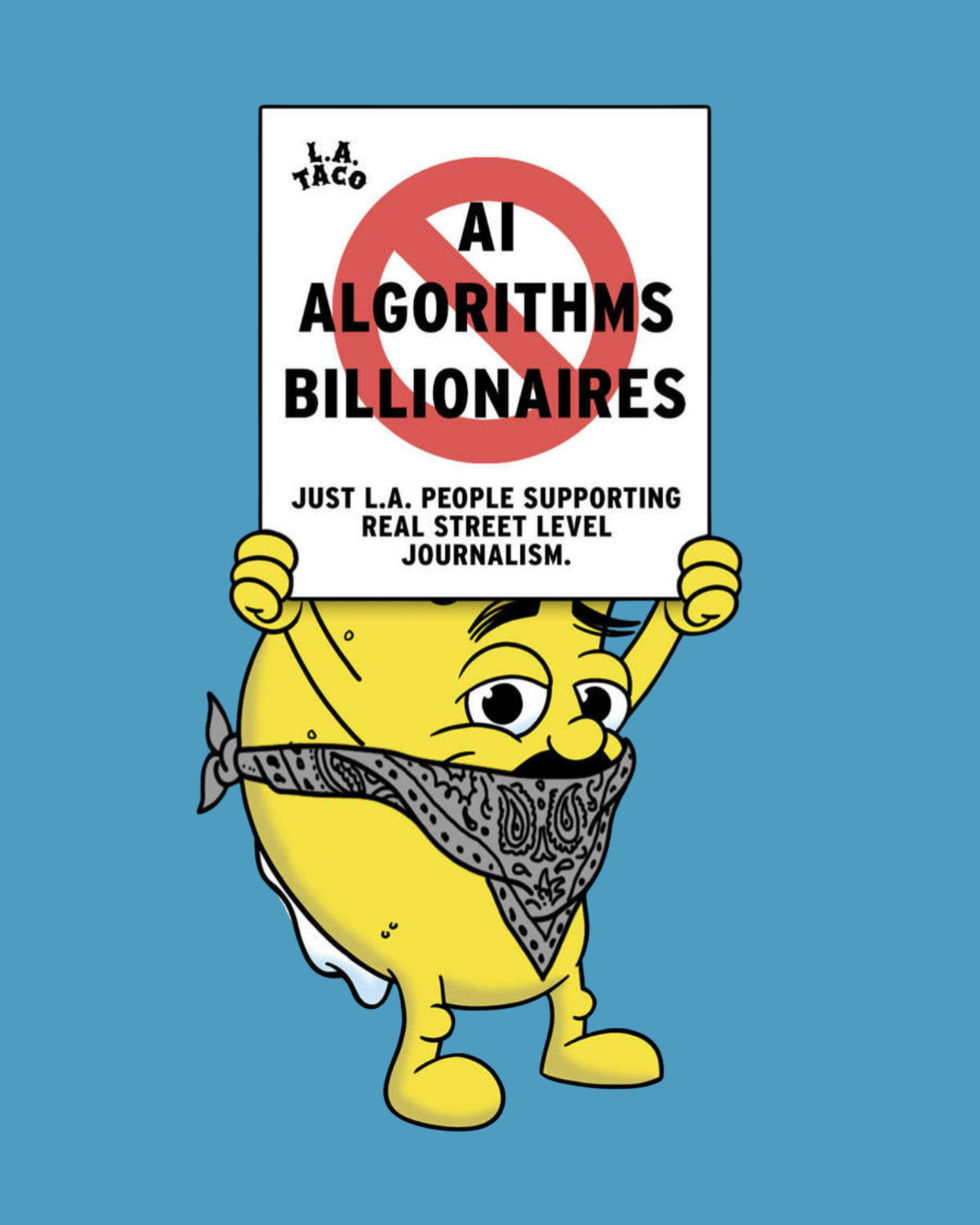The City Council Wednesday approved Rabbi Aryeh Eli Cohen for a five-year term on the City Ethics Commission, ending June 30, 2028.
The council voted 14-0 to confirm Cohen, with Councilwoman Traci Park absent during the vote.
City Controller Kenneth Mejia nominated Cohen after the council had rejected Mejia's prior nominee, Reseda Neighborhood Council President Jamie York.
Cohen, a city resident since 1995, is a professor of rabbinic literature at the Ziegler School of Rabbinic Studies of the American Jewish University.
Prior to Wednesday's vote, Cohen addressed council members about his work, and why he thinks he'll be a good fit on the commission.
"For the last 23 years or so, both my teaching and my research has come together with my activism," Cohen said. "My last book was called `Justice in the City,' and I've been very involved in issues of justice, around labor, restorative justice, the criminal legal system, and racism."
He's also worked with Clergy & Laity United for Economic Justice, and at one point served as the co-chair of its board.
"It's really exciting for me to move off the streets and see what it looks like from the inside," Cohen said. "It's amazing that one has to say this, but I'm very committed to multiracial democracy.
"... Part of that commitment is that people have to trust their government, and the way that people trust their government is that they trust that the government operates along ethical lines and transparent lines."
Councilwoman Eunisses Hernandez said she's known Cohen for many years and worked with him when he served at Bend the Arc: Jewish Action, a national social justice organization. In his role, he organized the Jewish community around issues of immigration justice and restorative justice.
Hernandez noted the work as an ethics commissioner will not be easy and can be a thankless job in many aspects, but expressed her gratitude toward Cohen for wanting to take on the role.
Councilwoman Katy Yaroslavsky added, "I'd be hard-pressed actually to find a more ethical, intelligent and capable ethics commissioner."
She also commended Mejia for his "excellent pick."
In September, the council had rejected Mejia's first nominee, York, by a 14-0 vote, with no discussion prior to the vote. The move was met with public scrutiny and backlash.
Previously, some council members had said they were concerned about York's fundraising background, while others felt they didn't know her.
In contrast to York's nomination, the controller made it a point to reach out to several council members to facilitate conversations with the rabbi.
Upon seeing Cohen's name, Councilman Hugo Soto-Martinez said he remembered a time when they both engaged in civil disobedience. Cohen gave a short response -- "good times."
Council President Paul Krekorian emphasized the city could benefit from Cohen on the Ethics Commission because there are "significant policy reforms" that will be moving through the council.
Also in September, the council approved Alex Johnson, a vice president at Bryson Gillette, a consulting firm that has done campaign work, as a member of the five-member Ethics Commission. Councilman Marqueece Harris-Dawson put forward Johnson's nomination.
With these two appointments, the commission now has four of its five members. For months, the commission has been unable to conduct business because of a lack of commissioners, who are appointed by city officials.
Established by L.A. voters in 1990, the Ethics Commission is intended to preserve the public trust and foster public confidence in city government and elections. The commissioners work to ensure that campaign finance, contracts, developers, governmental ethics and lobbying are in compliance with city and state laws.







